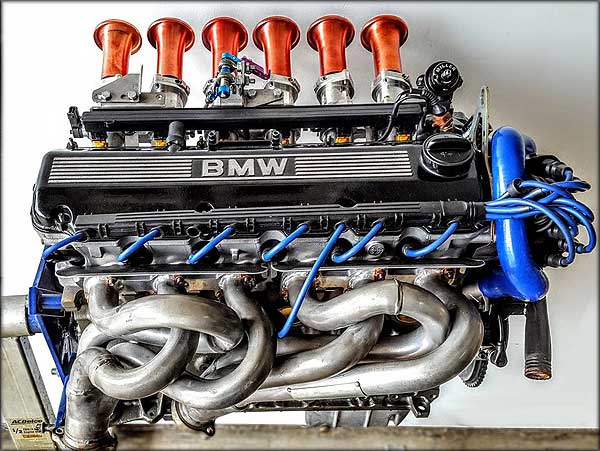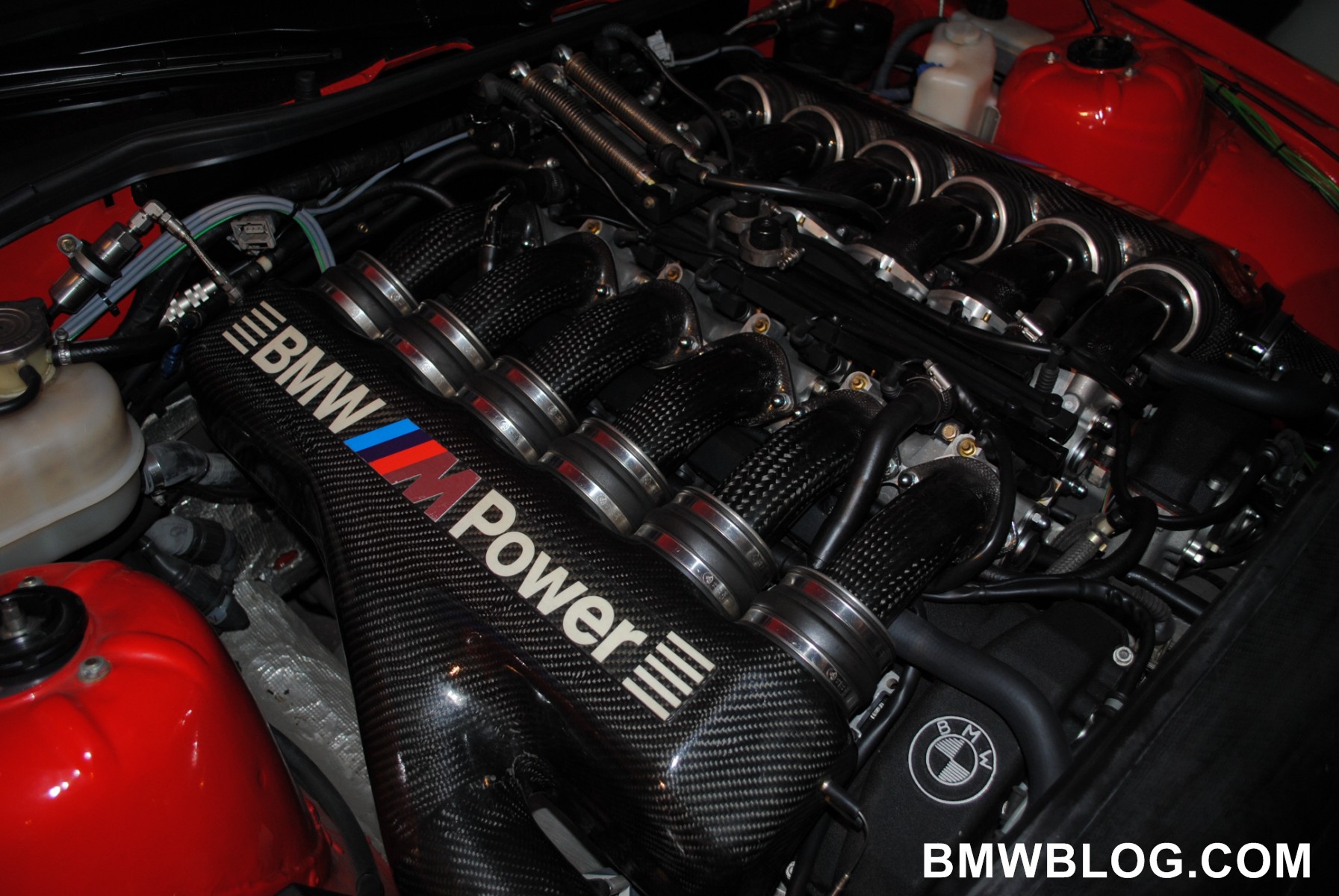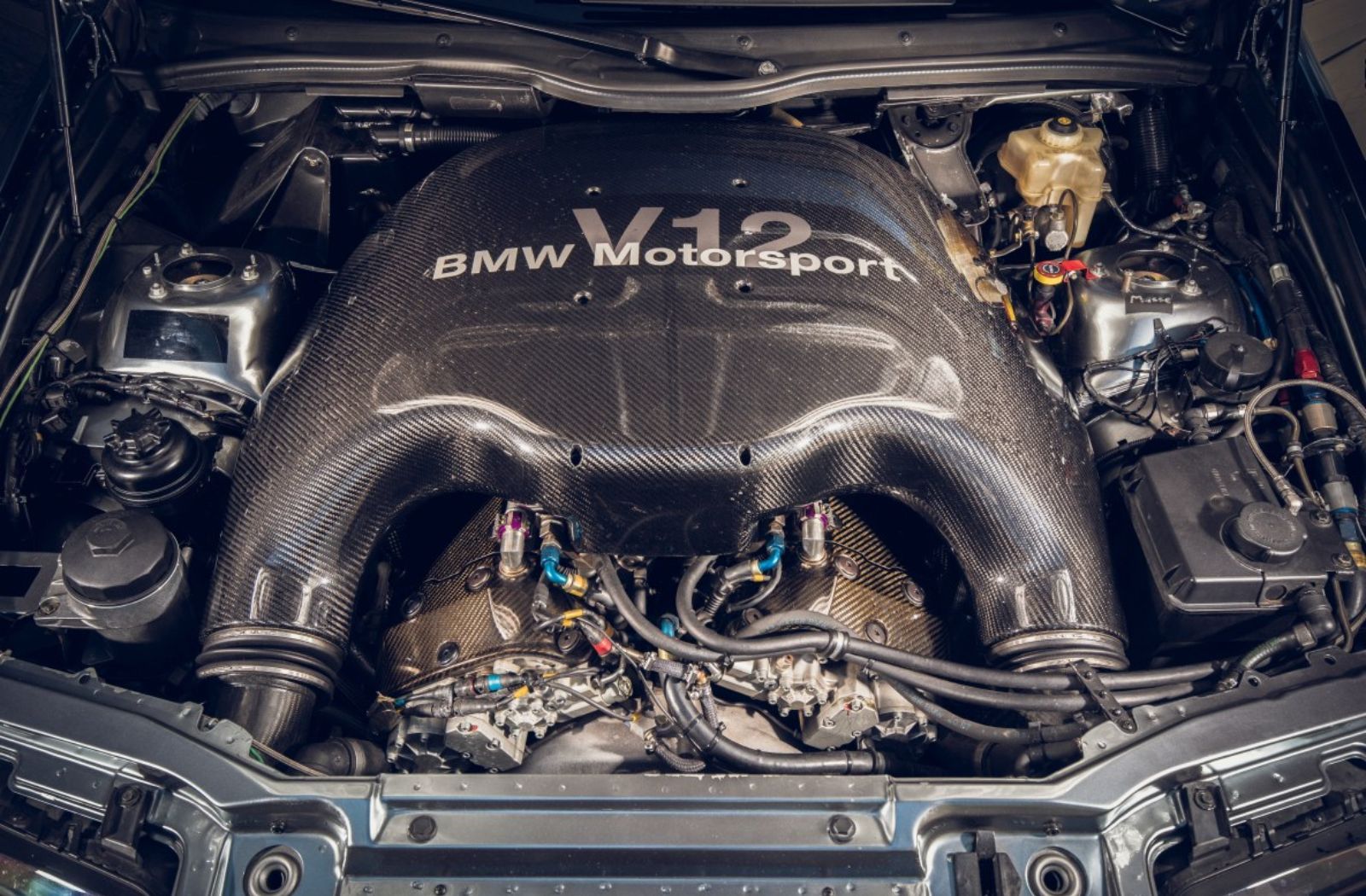Top 5 BMW Engine Technologies Reinventing the Automotive Market
Top 5 BMW Engine Technologies Reinventing the Automotive Market
Blog Article
Revealing the Intricacies of Next-Generation Power Units: a Deep Study Advanced Engine Layouts and Technologies
As we stand on the precipice of a brand-new period in transport, the complexities of next-generation engine designs bid us to explore the advanced technologies and technologies that assure to redefine the driving experience. Delving much deeper right into the realms of exhaust control, intelligent engine monitoring systems, and the horizon of power device development, we find ourselves on the cusp of a change that guarantees to reshape the landscape of mobility as we know it.
Evolution of Engine Products

The shift towards advanced engine products has additionally allowed designers to design engines with greater power outputs while preserving gas performance standards. As an example, the use of light-weight products lowers the total weight of the engine, leading to improved gas economic climate and lower discharges. In addition, developments in materials technology have permitted better thermal monitoring within engines, leading to boosted integrity and long life.
Turbocharging and Supercharging Technologies
How do Turbocharging and Supercharging Technologies revolutionize engine efficiency and effectiveness in modern lorries? Turbo charging and turbocharging are modern technologies that substantially improve engine efficiency by boosting the amount of air consumption right into the combustion chamber. Turbocharging attains this by utilizing a turbine driven by exhaust gases to pressurize the consumption air, while supercharging utilizes a belt- or chain-driven compressor to achieve the very same impact.
These modern technologies allow smaller sized, much more fuel-efficient engines to produce power comparable to larger ones, called downsizing. Forcibly even more air right into the cylinders, supercharging and turbocharging boost combustion performance, causing boosted horsepower and torque outcome without a significant rise in engine size. This results in far better acceleration, lugging capacity, and general driving performance.
In addition, turbocharging and supercharging add to enhanced gas efficiency by enabling the use of smaller sized engines that eat much less fuel under regular driving conditions - bmw engine. This combination of boosted performance and effectiveness has made turbocharging and turbo charging integral elements of lots of modern-day engine designs
Emission Control and Environmental Effect
With raising global issues relating to air top quality and environmental sustainability, the application of discharge control modern technologies in lorries plays a critical duty in lowering hazardous contaminants released into the atmosphere. Modern cars are geared up with innovative exhaust control systems that aid decrease the ecological effect of auto procedures. Catalytic converters, for circumstances, are made to transform poisonous gases such as carbon monoxide gas, nitrogen oxides, and hydrocarbons right into much less harmful substances like carbon dioxide and water vapor.
Furthermore, developments in engine innovation, such as the integration of exhaust gas recirculation systems and selective catalytic reduction, have actually dramatically added to decreasing discharges. These innovations operate in tandem to maximize burning efficiency and lessen the release of dangerous contaminants right into the air. Additionally, the development of crossbreed and electric vehicles stands for an essential action in the direction of lowering the total environmental footprint of the transport industry.
Intelligent Engine Management Equipment

Moreover, these systems enable lorries to meet stringent discharges standards without jeopardizing efficiency, supplying a more environmentally pleasant driving experience. The combination of expert system and artificial intelligence capabilities in engine administration systems continues to push the boundaries of what is feasible, leading to additional renovations in effectiveness, reliability, and general vehicle performance. bmw engine. As auto innovation advances, intelligent engine monitoring systems will certainly play a Visit Your URL critical role best site in shaping the future of transport towards a more efficient and sustainable instructions
Future Trends in Power Unit Growth
As smart engine management systems pave the way for enhanced control and optimization in modern vehicles, future fads in power unit development are poised to redefine the landscape of automotive propulsion technologies. These different power resources use enhanced effectiveness and performance while aligning with stringent ecological guidelines.
One more significant pattern is the integration of advanced products and producing techniques. Light-weight products such as carbon fiber and light weight aluminum are being used to decrease total lorry weight, improving fuel efficiency and efficiency. Furthermore, improvements in 3D printing and additive manufacturing are making it possible for the manufacturing of complex engine parts with greater precision and sturdiness.
Additionally, artificial knowledge and artificial intelligence are playing a crucial duty in enhancing power device performance. These modern technologies enable real-time tracking and adaptive control, bring about much more dependable and reliable power shipment. In general, future fads in power unit growth are geared towards sustainability, efficiency, and performance, driving the automobile market towards a brand-new era of propulsion innovations.

Final Thought
Finally, the advancements in engine products, turbocharging, emission control, and smart management systems have led the method for next-generation power units. These innovations have not only better performance and performance but likewise lowered environmental influence. As innovation remains to develop, future patterns in power system development are most likely to concentrate on further boosting sustainability and optimizing power output. The complex layouts and advancements in modern engines showcase the recurring evolution of automobile innovation.
Discovering the progressive advancements in engine materials has been essential in boosting the efficiency and performance of modern engines. Over the years, the evolution of engine materials has played a vital function in pushing the limits of what engines can accomplish.The shift towards advanced engine materials has actually additionally made it possible for designers to make engines with greater power results while keeping gas effectiveness standards.The implementation of smart engine management systems in contemporary vehicles has changed the means engines are controlled and maximized for performance and effectiveness. By accumulating information in real-time and analyzing it with advanced algorithms, intelligent engine monitoring systems can adapt to driving styles, ecological variables, and engine health to make best use of power outcome while lessening fuel usage and discharges.
Report this page